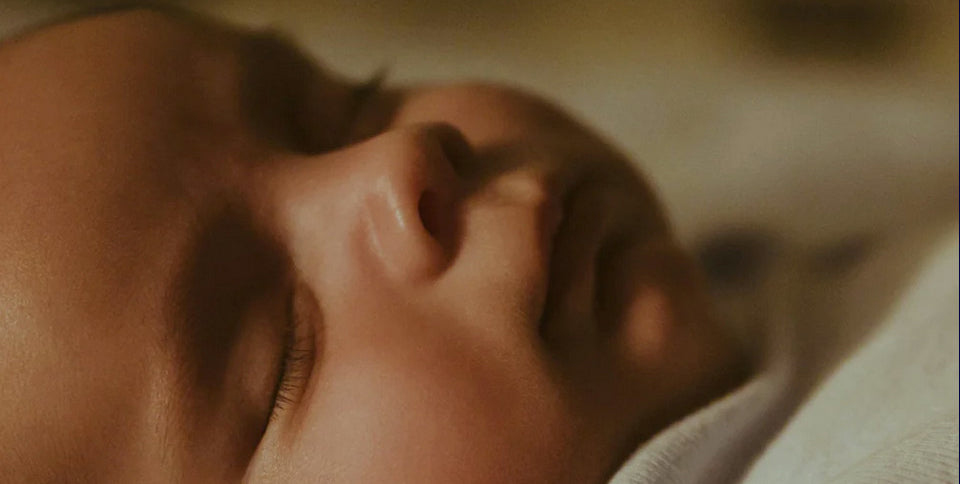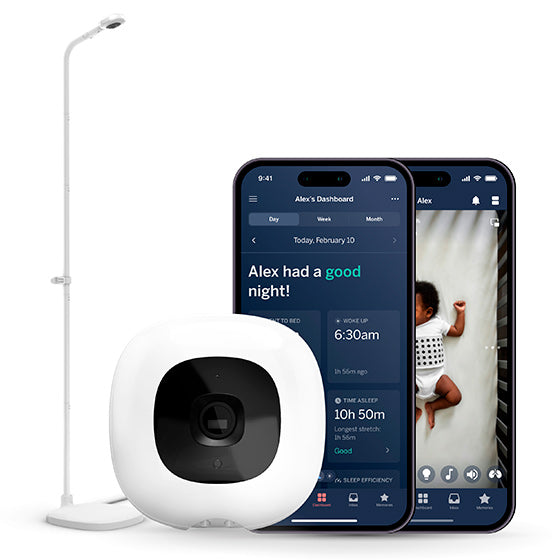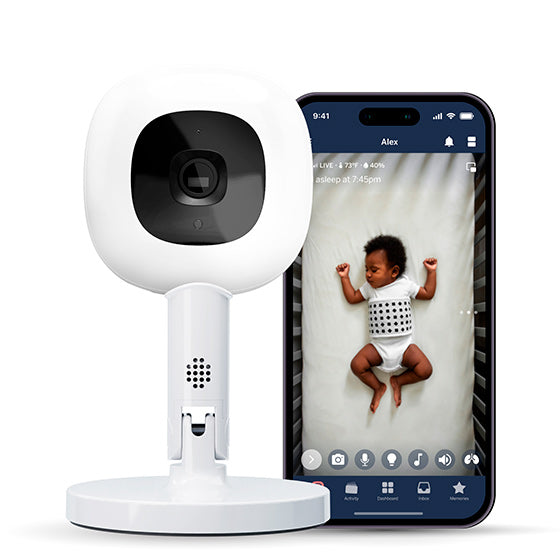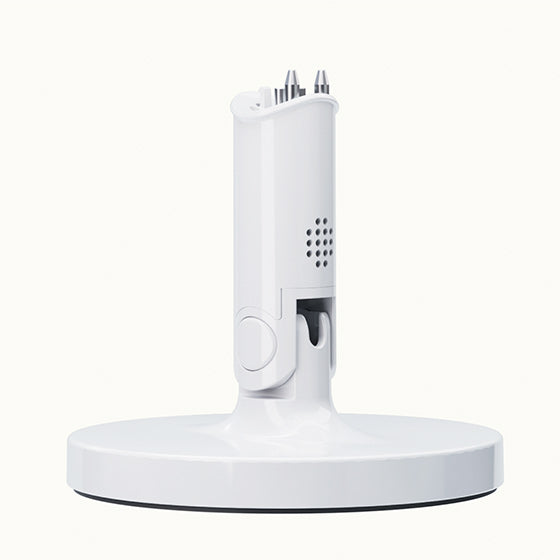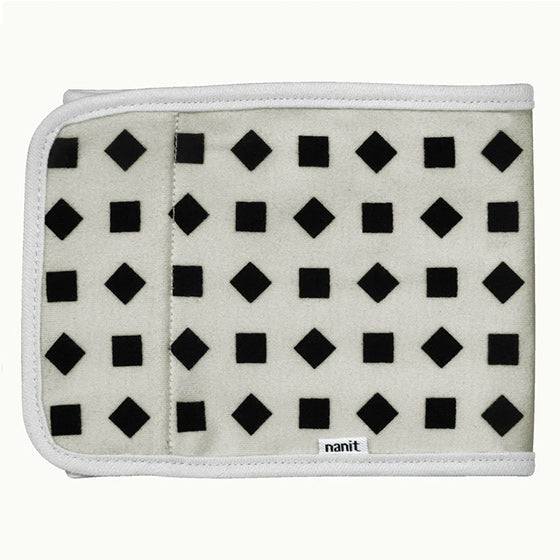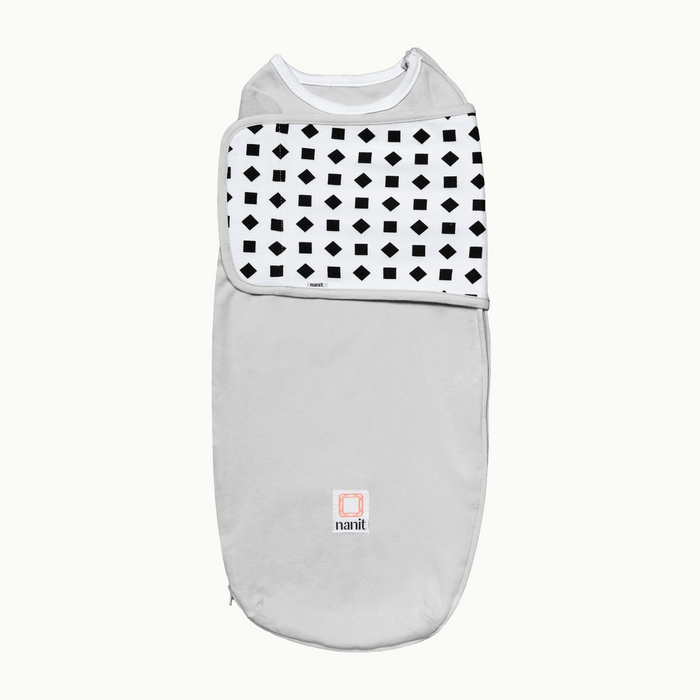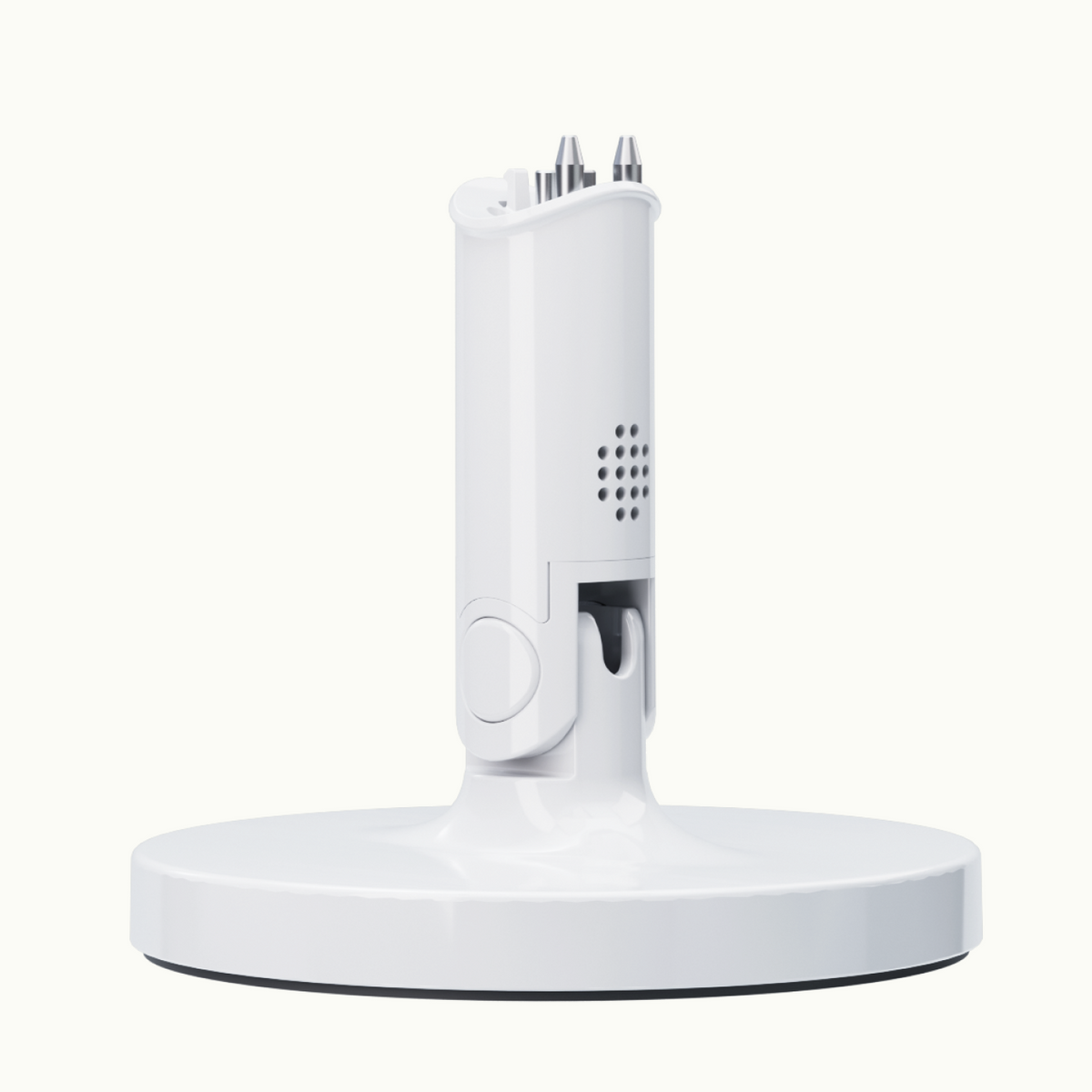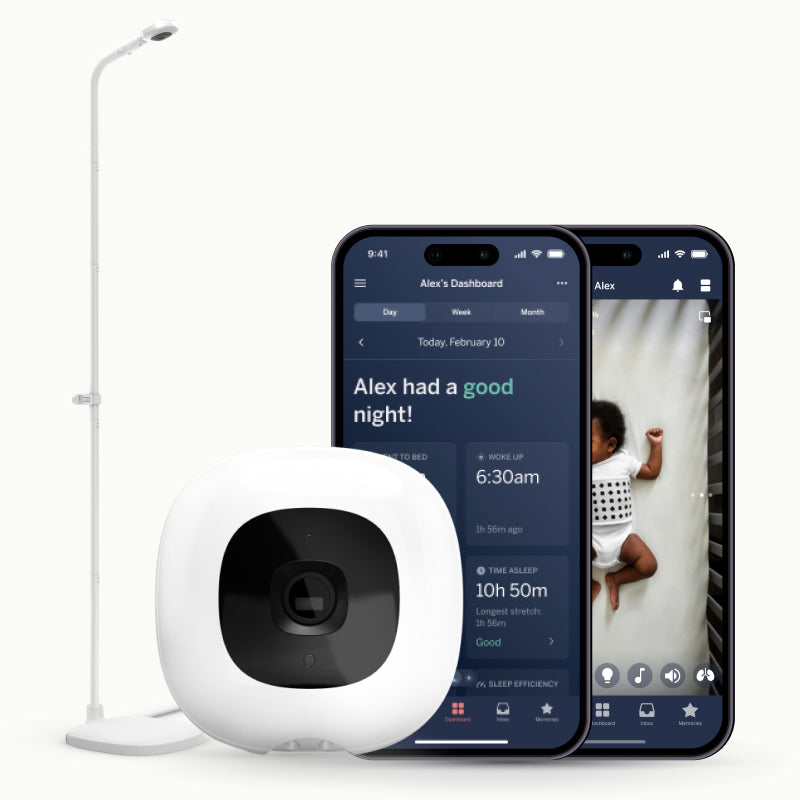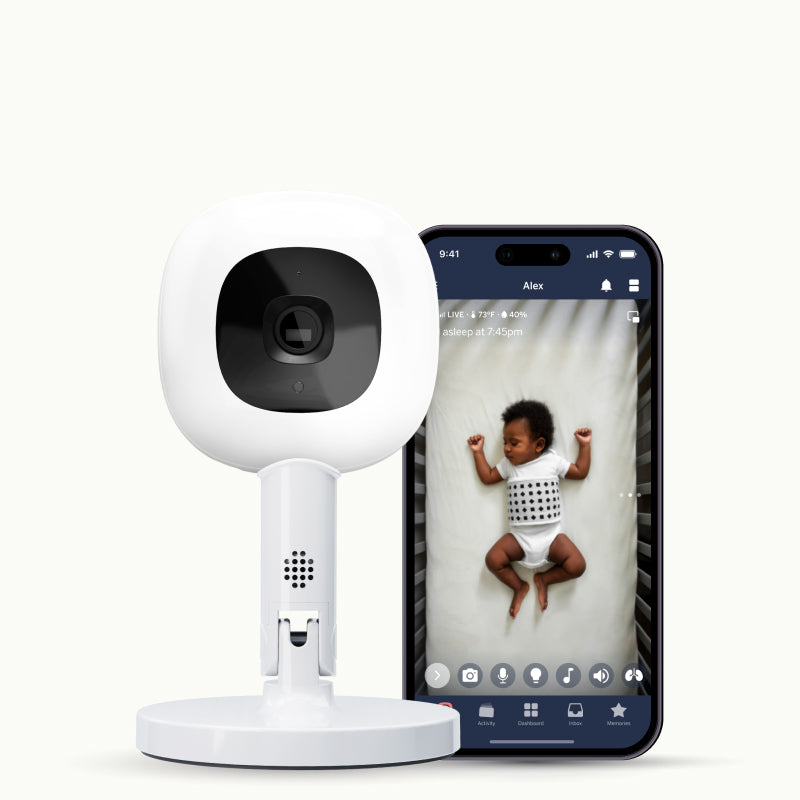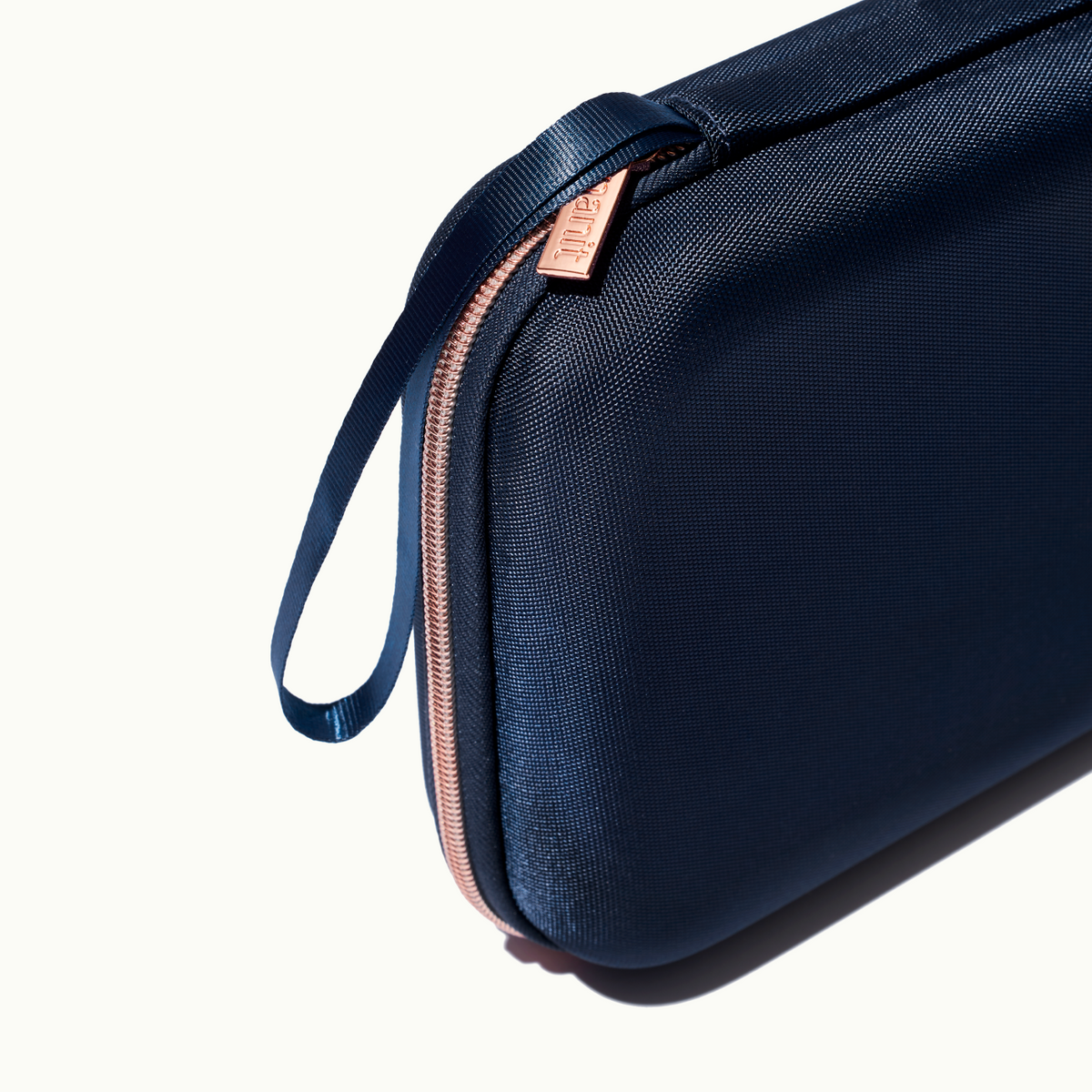Yuri Roh, Eunyeong Jang, Natalie Barnett, Sooyeon Aly Suh
Journal of Sleep Medicine, J Korean Sleep Res Soc, 10.13078/jsm.230012 (2023)
Abstract
Objectives
Co-sleeping is defined as caregivers and infants sleeping in the same place or room. The purpose of this study was to investigate associations between co-sleeping, infant sleep, and parental misperceptions about infant sleep.
Methods
The participants were 832 English-speaking caregivers. Most of the sample comprised of mothers (70.79%). The infants ages ranged from 6 to 12 months. All participants completed the Brief Infant Sleep Questionnaire-Revised and Parental Understanding and Misperceptions about BAby’s Sleep-Questionnaire in an online survey. Infant sleep and nighttime parental intervention were recorded using auto-videosomnography. The chi-square, non-parametric covariance analysis, and moderation analysis were conducted to analyze the results.
Results
Among the respondents, 771 (92.70%) reported that their infants were in the solitary-sleeping group and 61 (7.30%), in the co-sleeping group. Parental misperceptions about infant sleep were higher in the co-sleeping group (29.67±11.28) than the solitary-sleeping group (23.5±10.79; p<0.001). The co-sleeping group had lower total sleep time (523.51±76.38) compared to the solitary-sleeping group (604.91±61.29; p<0.001) based on auto-videosomnography. The moderating effect of parental misperceptions about infant sleep in the relationship between parent-reported infant number of awakenings during the night (NWAK) and co-sleeping was significant (B=0.033, p=0.017).
Conclusions
Co-sleeping had low prevalence in this study compared to solitary-sleeping. Co-sleeping was associated with higher levels of parental misperception about infant sleep. Additionally, in the case of co-sleeping caregivers, a higher misperception about infant sleep was more strongly associated with parent-reported infant NWAK. Parental misperceptions about infant sleep may be an important factor to consider in pediatric sleep.
Keywords Sleep; Infant health; Parent-child relationship; Cognition
About the Researchers
The researchers included Yuri Roh, Eunyeong Jang, Natalie Barnett, and Sooyeon (Aly) Suh.

- Dr. Sooyeon (Aly) Suh is a clinical health psychologist and professor of psychology at Sungshin University, Dept. of Psychology. Broadly, her main interests lie in understanding how behavioral and psychological factors interact with physical health and eventually develop into chronic illness. Her specific interests are in behavioral sleep medicine, especially developing psychological treatments for sleep disorders. She is also very interested in women's mental health issues.
- Dr. Natalie Barnett serves as VP of Clinical Research at Nanit. Natalie initiated sleep research collaborations at Nanit and in her current role, Natalie oversees collaborations with researchers at hospitals and universities around the world who use the Nanit camera to better understand pediatric sleep and leads the internal sleep and development research programs at Nanit. Natalie holds a Ph.D. in Genetics from the University of New England in Australia and a Postgraduate Certificate in Pediatric Sleep Science from the University of Western Australia. Natalie was an Assistant Professor in the Neurogenetics Unit at NYU School of Medicine prior to joining Nanit. Natalie is also the voice of Nanit's science-backed, personalized sleep tips delivered to users throughout their baby's first few years.

